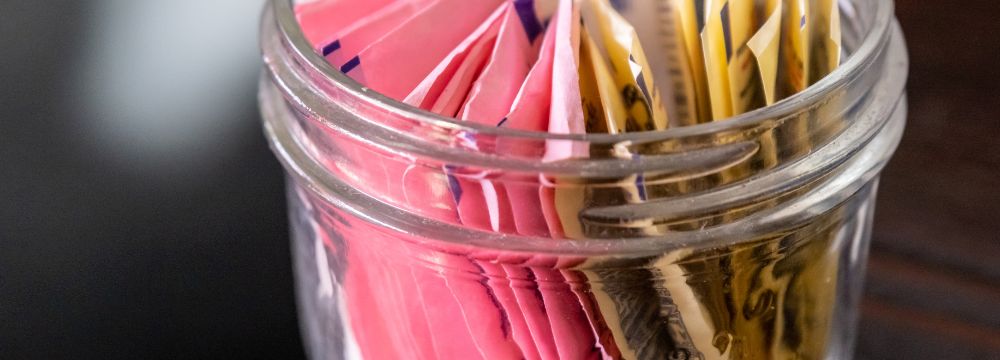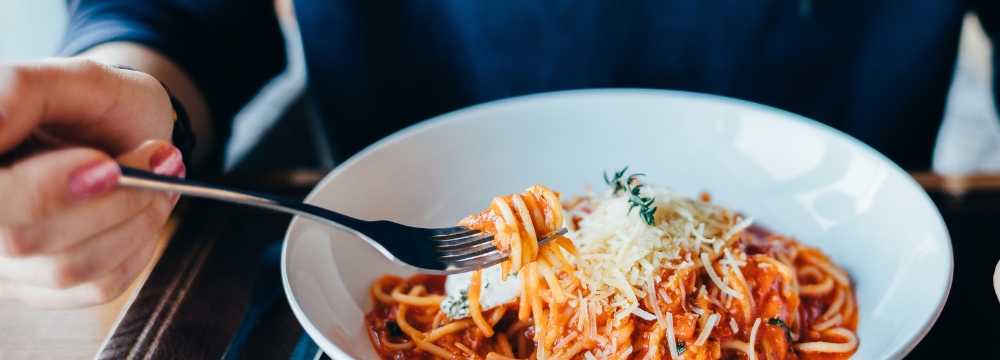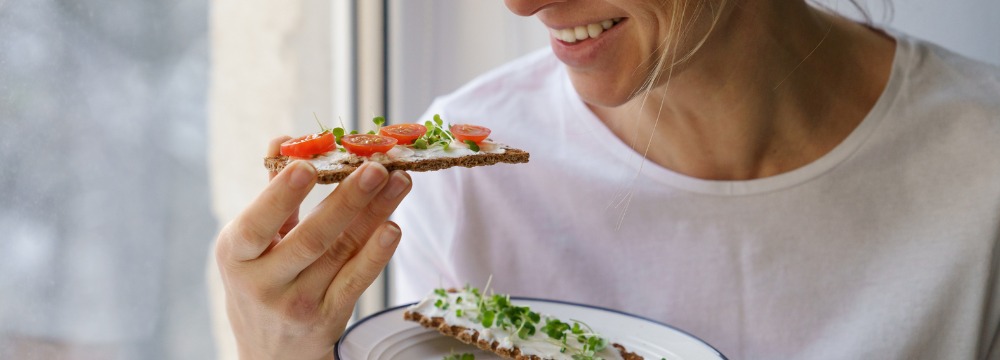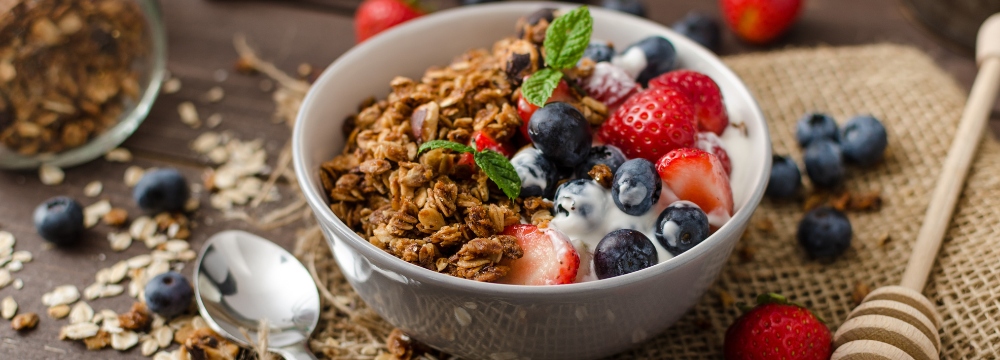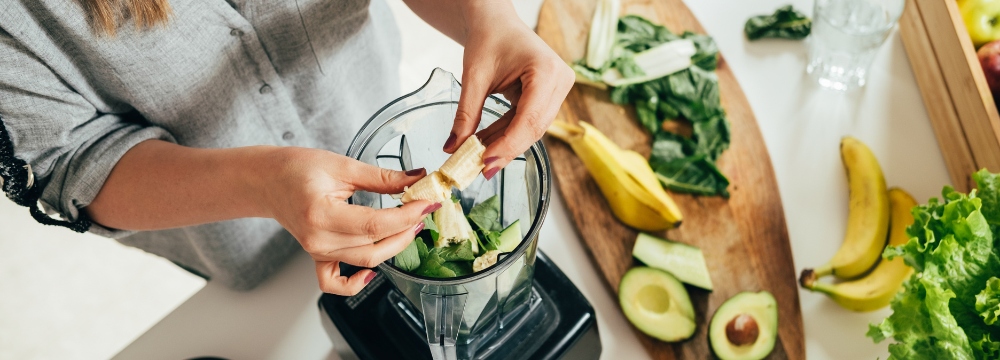After Bariatric Surgery
Artificial sweeteners are undeniably a part of a bariatric patient’s life. They offer a no or low-calorie option for sweetening foods and drinks that would otherwise seem very bland. However, artificial sweeteners have distinct downsides that should be understood. These synthetic alternatives to sugar have alternately been declared safe and, at times, been considered carcinogenic. This was the case for saccharin, brand name Sweet’N Low (in the pink packets), which was put on a list of carcinogenic chemicals by the Department of Health and Human Services (HHS) in the late 1970s for a time because of specific studies. It was eventually cleared as safe and continues to be used today.
Aspartame is the compound often found in blue sugar-like packets and goes by Equal, amongst other brand names. It is also found in many diet sodas. It was recently declared possibly carcinogenic by a World Health Organization division called The International Agency for Research on Cancer (IARC). This declaration is somewhat controversial because many other governing bodies, including the FDA, have declared that aspartame is safe. The debate, we’re sure, will rage on.
Ultimately, we can only go by the data, and we know from most studies that there is no definitive evidence that artificial sweeteners are carcinogenic in the amounts that the typical bariatric patient would consume. Whether the effect of use of these sweeteners is cumulative over a lifetime or whether there are long-term effects that can’t be readily studied because of other environmental, lifestyle, and genetic factors that may come into play over a person’s lifetime.
Avoiding Artificial Sweeteners
We encourage patients to avoid artificial sweeteners when possible, however. In some cases, it’s difficult to avoid these compounds because they can be an integral part of post-bariatric dietary foods and drinks, especially in protein shakes or bars that need to be low in sugar. However, avoiding most added sugars and artificial sweeteners is possible with diligence.
Why?
The significant concern with artificial sweeteners is that despite their zero-calorie, no-sugar properties, they still give the body a dose of sweetness, which is processed by the brain just like natural sugar. This sweet rush creates cravings for more. This is potentially exacerbated by using far too much artificial sweetener. One packet of sweetener, for example, offers the same sweetness as many packs of sugar.
What Does Artificial Sweetener Do?
First, data is starting to show that artificial sweeteners may be just as risky as regular sugar for developing type-2 diabetes. Patients may blow out their taste buds with the consumption of significant quantities of artificial sweeteners, making otherwise sweet things taste bland. This is very similar to the effects of sodium we consume in processed foods. By desensitizing our taste buds, we increase the likelihood of consuming sweeter or saltier foods. The result is weight gain and all the accompanying metabolic concerns and disorders.
What’s the Answer?
Well, there is no easy answer other than we must retrain our taste buds to enjoy more natural options. Many bariatric patients enjoy natural foods far more as they eliminate high-sugar and processed foods – fruit tastes sweeter, and vegetables and lean meats are more palatable. Fast food, they realize very quickly, tastes extremely salty as well. Ideally, over time, and with some retraining, patients can get their enjoyment out of food from far healthier items. In other words, you won’t be relegated to bland cardboard-like tastes for the rest of your life.
Of course, this all requires sacrifice, and the food and drinks we enjoy are often the hardest to eliminate. However, we do not advocate for or believe that complete abstinence from tasty foods is the best way forward. Instead, moderation is key. With some thoughtful eating and the knowledge that sweet and salty foods are an exception, not a rule, we can enjoy some of the “cheat” foods we like without overdoing them and creating a runaway weight regain situation. Of course, we always encourage you to speak to the professionals in our office to understand your eating habits and patterns and how you can modify them for long-term improvement and weight loss.


